|
Have you ever arrived at the completion point of a major project, breathing heavily (as it were) having expended much mental and emotional (even physical) energy on the journey, only to find yourself twiddling your thumbs and wondering about the challenges that lie ahead? While some folk are anxious to move on quickly (those defined by busy-ness or a fear of idleness perhaps?), others happily use the time to read—both to relax and to recharge the mind for the journey ahead. I have been happily working my way(*) through the following books since completing the doctoral dissertation on 1 June. I commend them to you and, if you choose to open the front cover, trust you gain much enjoyment from the experience. 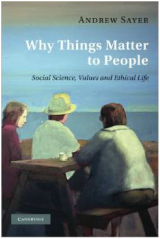 Why things matter to people, Andrew Sayer. Sayer shows how social theory and philosophy need to change to reflect the complexity of everyday ethical concerns and the importance that people attach to dignity. 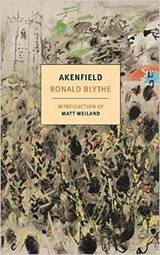 Akenfield, Ronald Blythe. This modern classic gives voice to the inhabitants of a rural village in Suffolk, England, was an early and shining example of what an oral history could be. 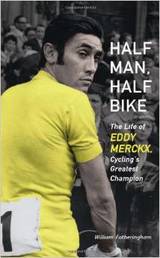 Half man, half bike: The life of Eddy Merckx, William Fotheringham. A biographical narrative of cycling's greatest rider. On the bike, Merckx had an insatiable appetite for victory. Off the bike, he was sensitive and surprisingly anxious. 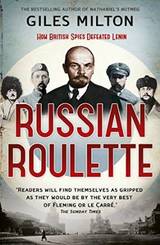 Russian Roulette, Giles Milton. An historical account of how British spies thwarted Lenin's attempts to destroy British India, the intrepid activities of which led to the formation of MI6. 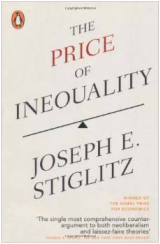 The price of inequality, Joseph Stiglitz. Stiglitz discusses the social impacts and causes of inequality, and the economic and political impacts of what appears to be a growing problem. 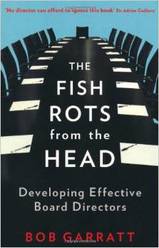 The fish rots from the head, Bob Garratt. Garratt's much acclaimed book, considered a classic by many, clarifies and integrates the roles and tasks of directors, and includes a programme to help them develop the skills and approach required to do their job well. 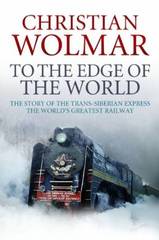 To the edge of the world, Christian Wolmar. A fascinating history of he construction and operation of the trans-Siberian Railway, including its impact on Russian society and relations with neighbours. 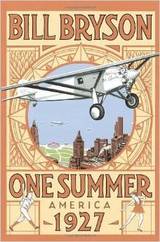 One summer: 1927, Bill Bryson. A narrative of the reckless optimism and delirious energy that characterised America in the summer of 1927. (*) This is very much a work-in-progress. As of 4 July, the 'score' is four books down and four to go, and several new research and board practice ideas to boot!
0 Comments
Leave a Reply. |
SearchMusingsThoughts on corporate governance, strategy and boardcraft; our place in the world; and other topics that catch my attention. Categories
All
Archives
May 2024
|
|
Dr. Peter Crow, CMInstD
|
© Copyright 2001-2024 | Terms of use & privacy
|

